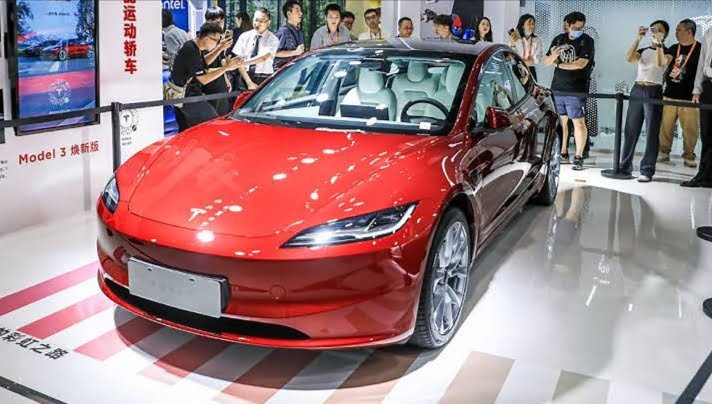Electric Car insurance that covers an electric vehicle often functions the same as insurance that covers a diesel or gasoline-powered vehicle. This implies that the same well-known options might be offered for electric vehicles (such as the Tesla Model 3, Model S, Porsche Taycan, Audi e-tron, Nissan LEAF, etc.).
In June 2022, the national average price of petrol soared to more than $5 per gallon—a record-breaking surge that AAA has not witnessed in the 22 years it has been tracking gas prices. Many drivers may be giving electric cars a serious look because of the shock they experienced at the gas pump.
Many drivers have already made the transition. According to the Argonne National Laboratory, a U.S. Department of Energy multifunctional science and engineering research center, there were 73,608 plug-in car sales in the U.S. in May 2022, a 46% increase from May 2021.

In a world where environmental concerns are becoming increasingly important, electric cars have emerged as a sustainable and forward-thinking alternative to traditional gasoline-powered vehicles.
They are not only better for the planet, but they also come with several cost-saving advantages. However, when it comes to insuring these eco-friendly automobiles, there are some unique considerations that every electric car owner should be aware of. In this article, we’ll delve into the specifics of electric car insurance and cover everything you need to know to make an informed decision.
Understanding Electric Car Insurance Rates:
Electric car insurance rates are influenced by several factors, including the car’s make and model, your driving history, and the insurance provider. Electric vehicles (EVs) tend to have higher upfront costs, which can impact insurance premiums. However, their overall maintenance and repair costs are often lower than traditional vehicles, which can offset these higher premiums
Unique Electric Car Insurance or EVs:
While electric cars are similar to conventional vehicles in many ways, they have some unique components that require special coverage. For example, the expensive battery pack in an EV may need additional protection. Some insurers offer specialized coverage for EV components, such as the battery, electric motors, and charging equipment.
Charging Infrastructure Coverage:
In some cases, electric car insurance policies may offer coverage for home charging equipment. This can be particularly valuable if you’ve invested in a high-end charging station, as repairing or replacing it can be costly.
Discounts and Incentives:
Many insurance providers offer discounts and incentives for electric car owners. These can include savings for environmentally-conscious driving habits or for using an EV as part of a car-sharing program. Be sure to inquire about any potential discounts when shopping for electric car insurance.
Maintenance and Repair Considerations:
Electric cars typically require less maintenance than their gasoline counterparts, but when repairs are needed, they can be expensive. Comprehensive coverage is essential to protect against unexpected repair costs.
Comparing Quotes:
Just as with traditional car insurance, it’s important to shop around and compare quotes from various insurance companies. Different providers may offer varying coverage options, deductibles, and premiums for electric cars.
Charging Away from Home:
If you frequently charge your electric car away from home at public charging stations, consider coverage for “away from home charging” in your policy. This can protect you in case of damage or theft of charging cables and equipment while using public charging infrastructure.
Battery Degradation Coverage:
Some insurers may provide coverage for battery degradation in electric cars. This can be valuable, as the replacement cost of an EV’s battery can be substantial.
Deductibles and Coverage Limits:
Pay close attention to the deductibles and coverage limits in your electric car insurance policy. Make sure they align with your needs and financial capabilities.
Policy Bundling:
You may be able to save on electric car insurance by bundling it with other policies, such as homeowner’s insurance or rental insurance. Inquire with your insurance provider about possible bundle discounts.
In conclusion, insuring an electric car comes with its unique considerations and opportunities for savings. To ensure you get the best coverage at the right price, do your homework, compare quotes, and discuss your specific needs with insurance providers. Electric car insurance isn’t one-size-fits-all, so understanding the nuances of coverage for your EV is essential for a safe and cost-effective driving experience.

Comments are closed.